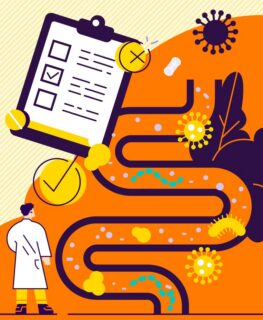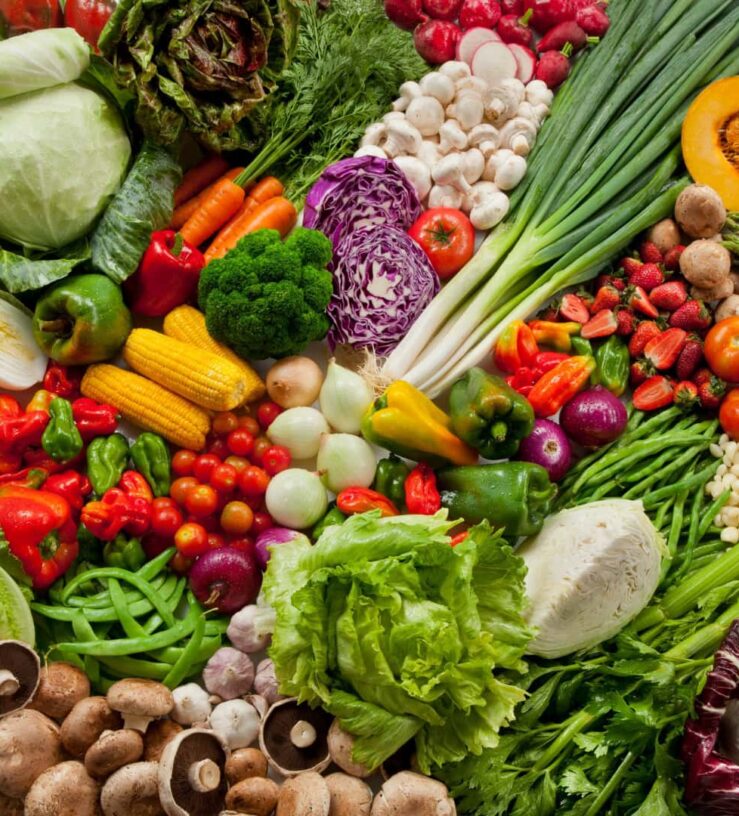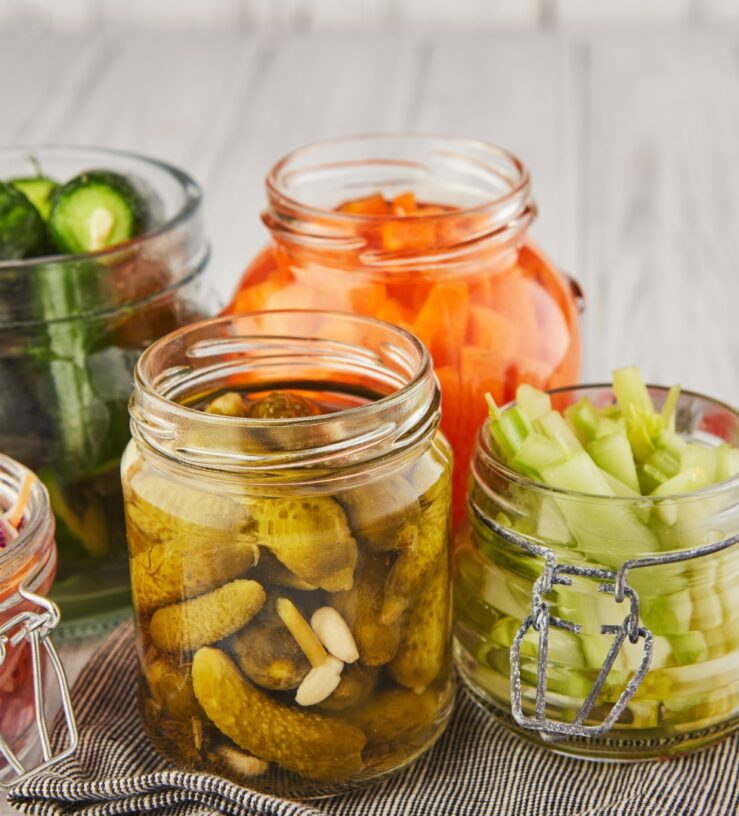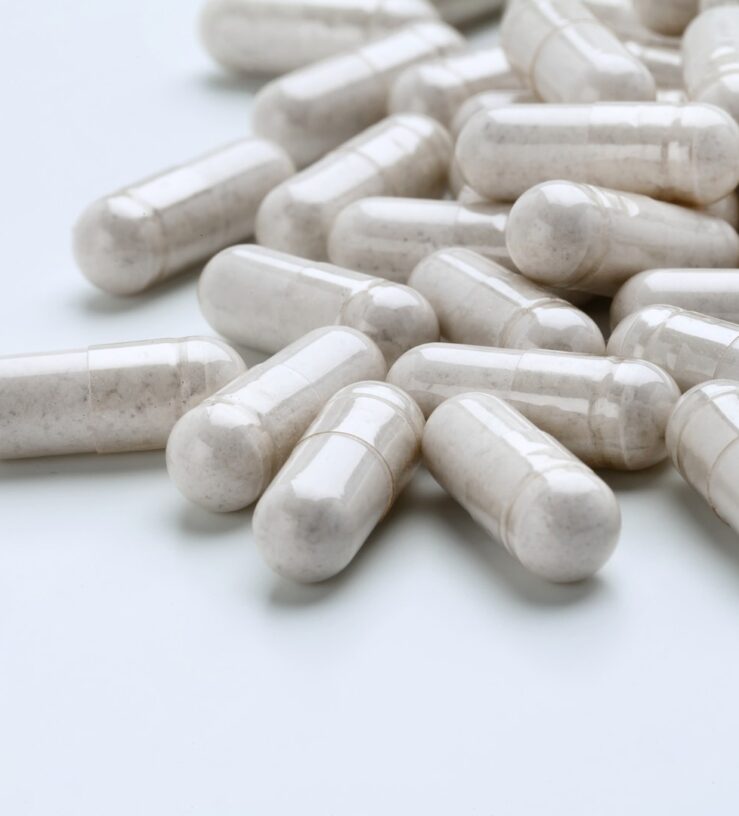Hot flushes, bloating, 3am wakeups, brain fog, mood dips and that frustrating weight gain that seems to creep in no matter what you do? Perimenopause and menopause can bring more than 40 different symptoms. For years, most of these changes were attributed solely to shifting hormones, such as oestrogen and progesterone. But there’s another key player that science is now spotlighting – your gut microbiome.
The trillions of microbes in your gut don’t just influence digestion, they also help regulate hormones, immunity, inflammation and even body temperature. Which begs the question: could your gut actually help ease menopause symptoms? Let’s explore what the latest evidence says and, more importantly, how you can use it to support yourself during this big life transition.










 Lower oestrogen levels are linked to reduced bacterial diversity (remember diversity is a good thing) and fewer anti-inflammatory species. A 2022 population-based study involving 2,300 participants found that postmenopausal women had significantly lower diversity compared to premenopausal women. Interestingly, no differences were seen between younger and older men, suggesting this shift is due to menopause rather than age alone.
Lower oestrogen levels are linked to reduced bacterial diversity (remember diversity is a good thing) and fewer anti-inflammatory species. A 2022 population-based study involving 2,300 participants found that postmenopausal women had significantly lower diversity compared to premenopausal women. Interestingly, no differences were seen between younger and older men, suggesting this shift is due to menopause rather than age alone. 2. Gut lining strength
2. Gut lining strength 3. Immunity shifts
3. Immunity shifts 4. Gut motility
4. Gut motility















